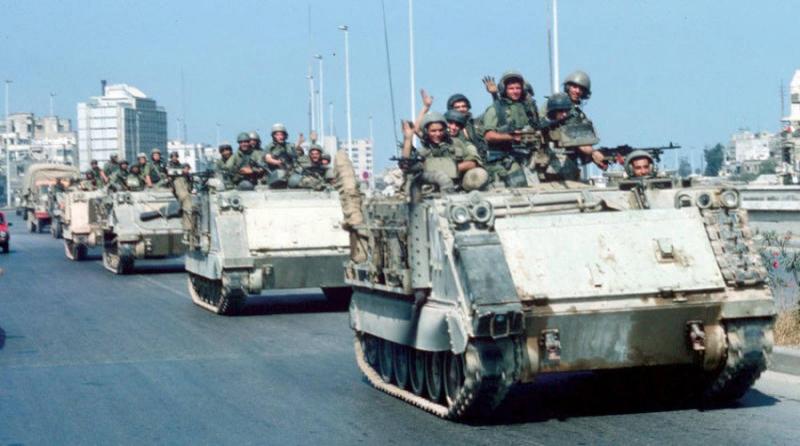Israel is preparing for a wide-ranging ground operation in the Gaza Strip, although it has been temporarily postponed at the request of the United States to support efforts to release hostages held by Hamas. Western reports have warned about the complex tunnel networks and ambushes set up by the Palestinian group throughout northern Gaza. On Tuesday, the Pentagon announced the deployment of military advisors, including Marine Corps General James Glen, an urban warfare expert, to Israel to assist in planning the operation. Additionally, Washington is speeding up the delivery of advanced air defense systems such as THAAD and Patriot to the Middle East just days before the anticipated ground attack.
In his analysis of the reasons for the temporary postponement of the ground invasion of Gaza, American writer Michael Young argues that Israel is not prepared to enter every home in Gaza and arrest tens of thousands of young men suspected of being Hamas members and transport them to Israel, as this is impossible to achieve. Furthermore, he notes that there appears to be a lack of harmony between American and Israeli officials regarding the objectives of this operation. The writer also emphasizes that the Israeli army is aware that entering the labyrinth of Gaza and its rubble-filled streets will incur significant losses among its soldiers, who would be fighting against Hamas fighters who have the advantage of fighting on their home ground. Meanwhile, the objectives of the Israeli operation remain "ambiguous and overly ambitious, based on a misguided perception of what the regional and global mood will accept."
The Carnegie Middle East Center indicates that during the invasion of Gaza, Israelis may attempt another tactic reminiscent of the siege of West Beirut in 1982. During that event, Israeli forces tightly encircled the Palestinian leadership in the western part of the Lebanese capital, cutting off water and electricity supplies and most food materials. The Israelis aimed to force the Palestinians out of Beirut, which they succeeded in accomplishing. The siege lasted about three months, but the Palestinians did not leave without arduous negotiations, despite Israel holding the military upper hand. The Palestinians exited, but the Palestine Liberation Organization was neither eliminated nor ceased to exist in Lebanon, contrary to Israel's plans.
If Israelis attempt to replicate that experience in Gaza, it could take longer, and ultimately it is unlikely that Hamas will be eradicated. Strategic and military experts agree on the difficulties of a ground invasion of the Gaza Strip amid Hamas's entrenchment in the city and the fortifications established since 2017. In this regard, Politico quoted General David Petraeus, former director of the Central Intelligence Agency, stating that the Israeli ground attack would last for years. "If Israel invades Gaza, it will face a situation more challenging than that faced by U.S. forces in Somalia and will encounter suicide attacks, explosives, bombings, and ambushes." Bruce Hoffman, an American counter-terrorism expert, stated that the difficulties in Gaza are much greater than those faced by the United States in the Battle of Fallujah in Iraq because Hamas has had several years to prepare, according to the American newspaper.




